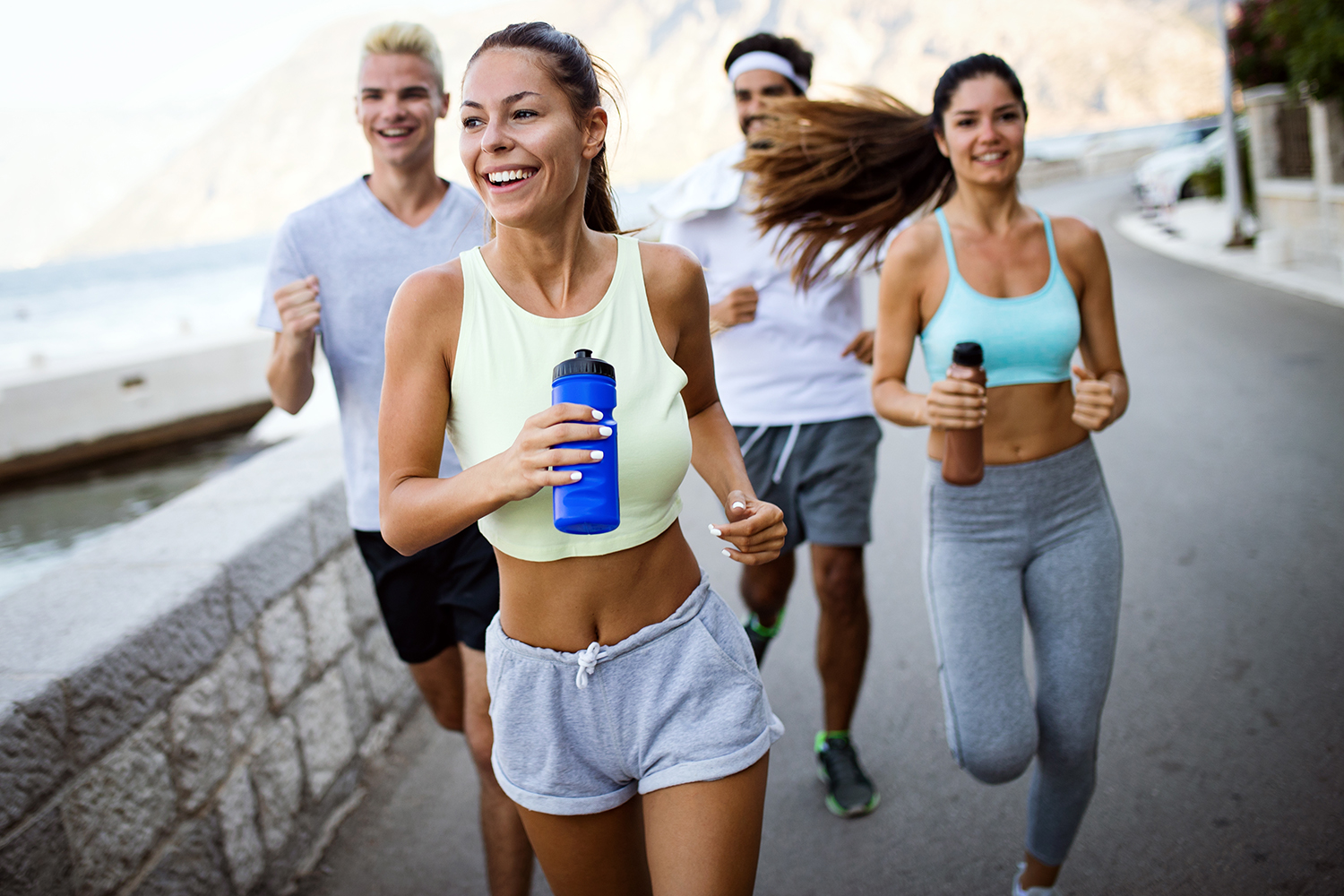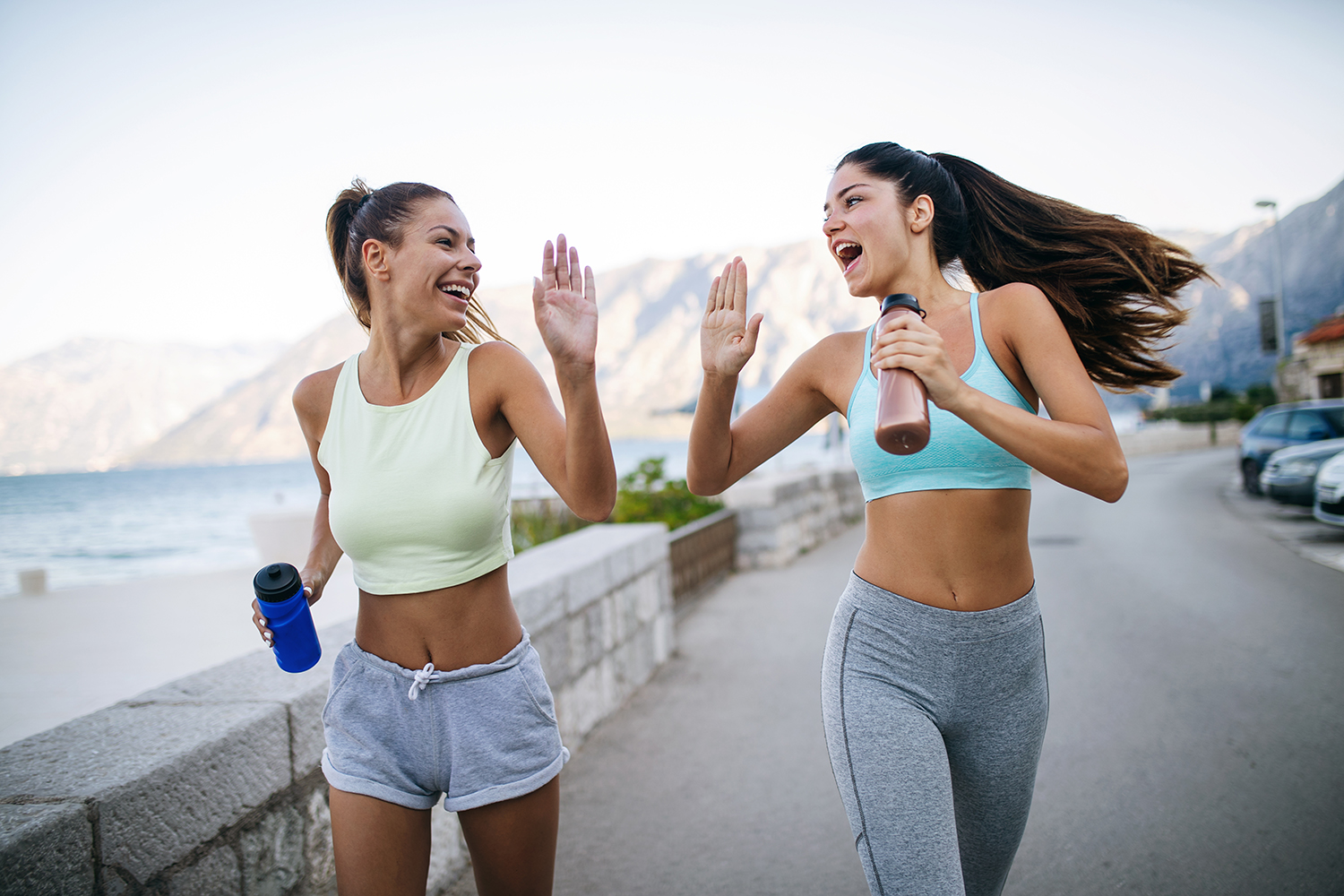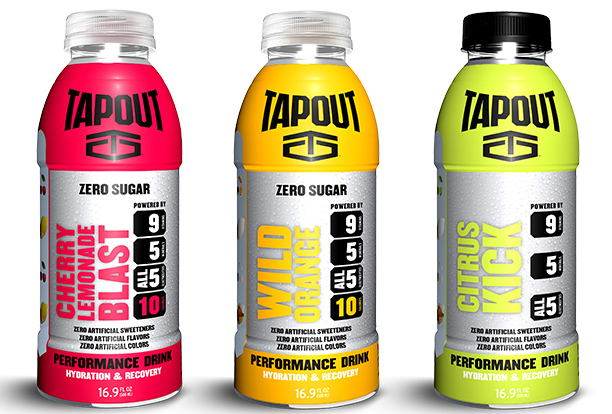Athletes are always looking for an edge that propels them ahead of their competitors, and a well-designed hydration plan can be key to getting that performance boost in training and in strenuous competition.
Just what does a hydration plan look like and how can athletes design one that can improve their performance?
Designing a plan doesn't require a nutritional degree and can be done with some close observation to how you train, what you consume and how your body reacts to fluid consumption.
Before you begin creating your hydration plan, it's important to evaluate your weight. The best way to do this is to weigh yourself just before training on a scale that measures metric weights. Metric measurements make the calculations much easier and give you a clearer picture of how your body uses fluids. Once you have this information, you can begin to formulate your fluid needs before, during and after exercise.
A lot of trainers recommend keeping some form of a workout journal to assess gains and figure out which types of training sessions work best. In order to design a post-workout hydration plan, you should track a few things in this journal:
- Weight before a workout
- Weight after a workout
- Intensity of each workout
Once you have tracked these numbers over the course of a couple of weeks, all it takes is a few calculations to design a plan personalized to the way your body utilizes the fluids you consume.

Whether you're a boxer, ice-hockey player, marathon runner or any other type of athlete it's important to be properly hydrated before training and competition. Experts recommend that you consume 400 to 600 milliliters of fluids approximately two hours before intense exercise or five to seven milliliters per kilogram of body weight. The ideal goal is to ensure that you lose no more than three percent of your body weight during training.
If you know your average weight before and after the competition, you can calculate your personalized pre-workout fluid intake based on the average amount of fluid lost during routine activity.
Even if you're properly hydrated before a workout, you still need to consume fluids during your session. A good rule of thumb is to drink three to four milliliters per kilogram of body weight every 15 minutes. It's important to note that drinking too much while participating in sporting activities or training can have negative side effects, so make sure you pay close attention to your fluid consumption to avoid dehydration and overhydration.

Experts recommend consuming 1.5 liters of fluids for every kilogram after a workout to replenish fluids. The best way to make sure your body is getting the proper hydration is to calculate your fluid loss over the span of a few weeks to get an average. This way, you can know the bare minimum of fluids you'll need to consume after every workout and adjust accordingly for especially intense workout days.
Like your pre-workout hydration, it's important to assess the number of fluids you've lost through sweat and adjust accordingly. On heavy training days, you may need to consume more fluids than after average or lower-intensity activity.
When you work out, you lose much more than simple fluids through sweat. Your body burns electrolytes, vitamins and the sodium it needs to promote muscle growth and mental acuity and prevent dehydration. Water does not contain any of these minerals and vitamins.
If your training and competition schedule is especially grueling, you'll want to be aware of a condition known as hyponatremia. Hyponatremia results from dangerously low sodium levels and could result in seizures, coma and even death. As you sweat, you lose sodium and by simply drinking water during competition, your body won't receive the sodium it needs to promote proper fluid use and retention. Make sure you include a TapouT sports beverage during intense activity to replenish this important mineral. All TapouT flavors contain 240mg of sodium to help your body regulate fluid use during any activity.

Water also lacks the vitamins required to keep your mind sharp. Mental fatigue can lead to a lack of concentration which hampers results and could lead to injury. TapouT also has you covered when it comes to vitamins. TapouT is the only major sports performance beverage to contain all of the following vitamins:
- Vitamin A
- Vitamin C
- Vitamin E
- Vitamin B2, B3, B5, B6 and B12
TapouT is also the only major sports beverage to contain all four of the electrolytes your muscles need to perform during competition and recover after a grueling event. All TapouT flavors have plenty of potassium, calcium, magnesium and chloride to promote muscle health before, during and after exercise.
The last thing that you can't get from water is carbohydrates. Your body turns carbohydrates into energy, and fading energy can be the difference between winning and losing in close competition. TapouT Citrus Kick contains 30g of energy-giving carbohydrates to give you a boost before and during training.
While most athletes will require the extra carbohydrates of a TapouT Citrus Kick, you may wish to drink a low-calorie sports beverage on recovery days or during periods of low activity. TapouT has two flavors that contain all of the natural sodium, electrolytes and vitamins of our Citrus Kick, but without the carbs or sugars. Try a Cherry-Lemonade Blast or our new Wild Orange flavor when you're looking for a boost without the calories.

